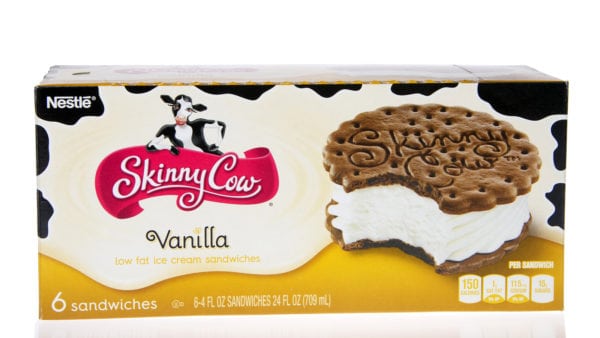Some foods have labels such as “fat-free,” “reduced calorie” or “light.” Below, some useful definitions so you’ll know what food labels really mean.
Calorie terms
- Low-calorie: 40 calories or less per serving
- Reduced-calorie: at least 25 percent fewer calories per serving when compared with a similar food
- Light or lite: one-third fewer calories; if more than half the calories are from fat, fat content must be reduced by 50 percent or more
Sugar terms
- Sugar-free: less than 1/2 gram sugar per serving
- Reduced sugar: at least 25 percent less sugar per serving when compared with a similar food
Fat terms
- Fat-free or 100 percent fat-free: less than 1/2 gram fat per serving
- Low-fat: 3 grams or less per serving
- Reduced-fat: at least 25 percent less fat when compared with a similar food
It’s important to remember that fat-free doesn’t mean calorie free. People tend to think they can eat as much as they want of fat-free foods. Even if you cut fat from your diet but consume more calories than you use, you will gain weight. Also, fat-free or low-fat foods may contain high amounts of added sugars or sodium to make up for the loss of flavor when fat is removed. For example, a fat-free muffin may be just as high in calories as a regular muffin. So, remember, it is important to read your food labels and compare products.






